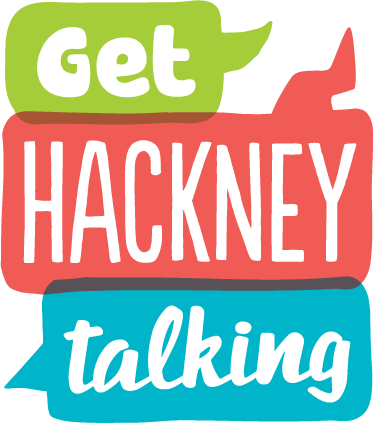We ask questions to learn about new things, satisfy our curiosity and find out how the world works. Some children with language difficulties need help to ask questions.
Normally children learn to ask ‘what’ and ‘where’ questions early on because they are about people and things in the child’s environment. ‘Why’ and ‘how’ questions develop later as they are based on the child’s understanding of what causes certain things to happen. ‘When’ questions are developed later as they require children to have a concept of time.
| Question Type | Age | Example |
| Yes/no
What? Where? Who? Why? How? When? |
2 years
2 years 2;6 2;6-3 years 4-5 years 4-5 years 5-6 years |
Do you like apples? What is your name? Where are you going? Who is she? Why is the he crying? How do you know that? When is your mum coming? |
Strategies to help your child to ask and answer questions
How do I encourage my child to ask questions?
- Give your child interesting things to play with / explore. Children need to be stimulated to learn about the world.
- Talk to your child as you complete tasks during the day. Ask and answer questions that your child might be thinking. g. As the bell rings ’what do we do now?’…..’tidy up it’s lunchtime’.
- Gain eye contact with your child and get down to their level during conversation.
- Once your child has got your attention give them plenty of time to ask the questions. Sometimes children can take a long time to put their thoughts together into words.
- When your child does ask a question – answer it! When you answer, he/she will feel success and will be encouraged to ask more!
- Praise your child for asking/attempting to ask questions. If you don’t understand your child’s question ask your child to repeat it. If you understood your child’s question repeat it in an accurate and simple way and then answer the question.
Try to avoid asking your child complex questions or too many questions. Asking too many questions can put pressure on the child to answer. During conversations try to comment on what your child is doing rather than asking a series of questions.
How can I encourage my child to answer questions?
- Make sure you have your child’s attention before asking a question or giving an instruction.
- Give your child plenty of time to think and understand your question.
- Include your child in conversations throughout the day. E.g. don’t just talk to them about what they did at school. The more conversations you involve your child in the more he/she will learn to use and understand language that is modeled by yourself and others.
Activities to help your child to ask and answer questions
Using pictures and books
Use a selection of pictures or pages in a book and ask your child “What’s happening?” in each of the pictures. Show them the picture symbol (enclosed) to help. When they are confident at this, start introducing the question “Who’s in the picture?” again using the picture symbol as a prompt. Try to help your child to just give the relevant information, as they might give you lots of information hoping that some of it will be what you want:
For example:
Adult: Who’s in the picture?
Child: The girl is jumping
Adult: Who’s in the picture? (Pointing to picture symbol)
Child: The girl
Adult: That’s right: The girl
However, if they still don’t give the appropriate response give them the answer:
For example:
Adult: Who’s in the picture?
Child: The girl is jumping
Adult: Who’s in the picture? (Pointing to picture symbol)
Child: The girl is jumping
Adult: Who’s in the picture? (Pointing to picture symbol) The girl
Remember that you can be encouraging your child to ask and answer questions throughout the day. Use daily routine (e.g. meal times) and when you are out and about too (e.g. shopping).


